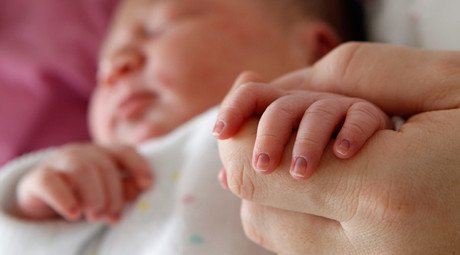Soul mates: Deceased spouses continue to influence living partners, study says

The words “'til death do us part” are muttered by brides and grooms at wedding ceremonies every day – but a new study says that a deceased spouse's characteristics continue to influence their partner's quality of life long after they have passed away.
The study, conducted by researchers from the University of Arizona, examined the multinational Study of Health, Ageing, and Retirement in Europe (SHARE) project – a database of over 80,000 adult participants across 18 European countries and Israel.
It specifically looked at 546 couples in which one partner had died during the study period, as well as data from 2,566 couples in which both partners were still living.
The researchers found that participants' quality of life earlier in the study predicted their quality of life later. They also found evidence for interdependence between partners – that is, a person's quality of life earlier in the study was associated with his or her partner's quality of life later.
More surprisingly, the researchers found that interdependence remained when one partner died during the study.
"The people we care about continue to influence our quality of life even when they are gone," lead researcher Kyle Bourassa said in a statement. "We found that a person's quality of life is as interwoven with and dependent on their deceased spouse's earlier quality of life as it is with a person they may see every day."
The researchers found “no observable difference” in the strength of interdependence in couples' quality of life when they compared widowed spouses with spouses whose partners remained alive. That finding was replicated in a second, independent sample of SHARE couples, adding to researchers' confidence in the findings.
"Even though we lose the people we love, they remain with us, at least in part," Bourassa said. "At some level, this accentuates how important relationships are for our well-being, but the findings cut two ways – if a participant's quality of life was low prior to his or her death, then this could take a negative toll on the partner's later quality of life as well."
Although the study does not investigate the reasons behind the interdependence of couples, the researchers speculate that ongoing interactions are the likely driver in couples where both spouses are alive. Meanwhile, they suggest that thoughts and emotions sparked by reminiscing about a deceased spouse may explain interdependence for those who lost their partners.
Bourassa and his team hope to investigate the mechanisms behind such interdependence in the future.
"What we want to know is this: Is just thinking about your partner enough to create the interdependence?" he asked. "If so, how might we use this information to better help those who have lost their spouse?"
The team's research was published in the journal Association for Psychological Science on Wednesday.













